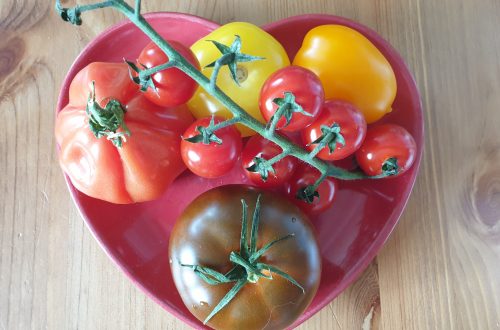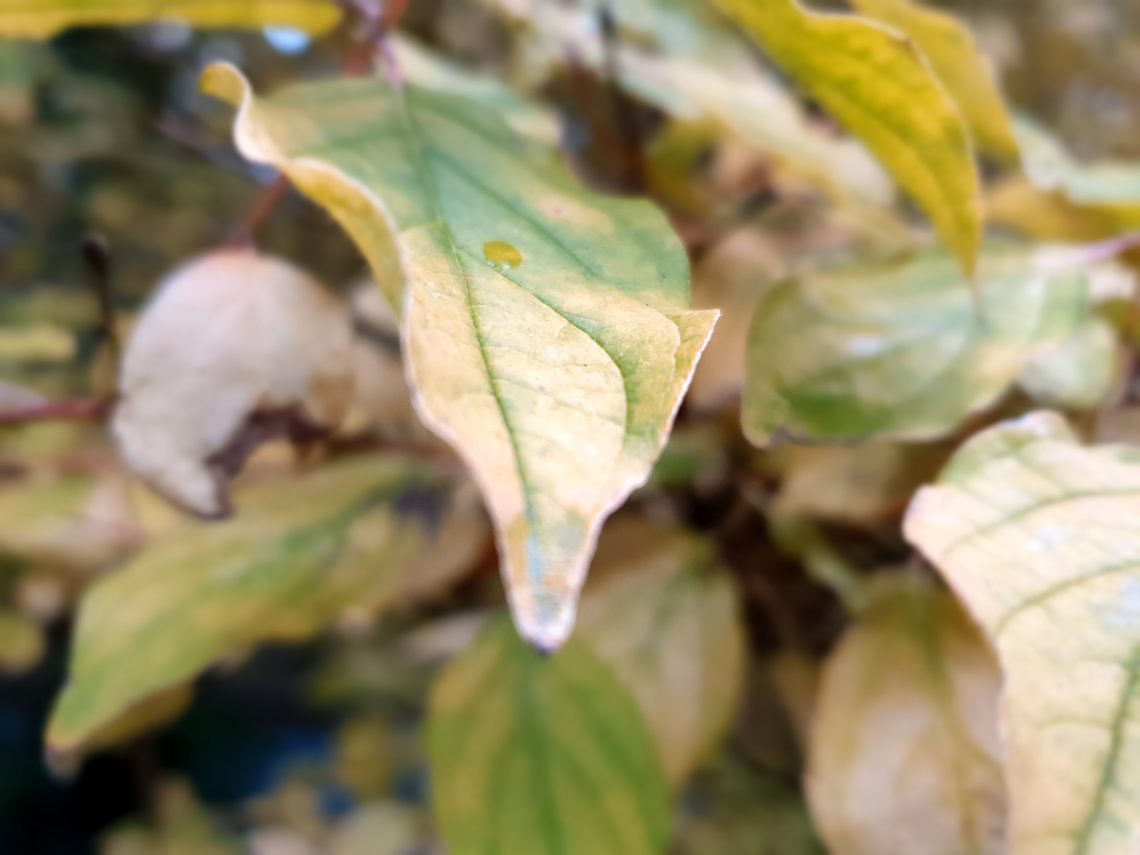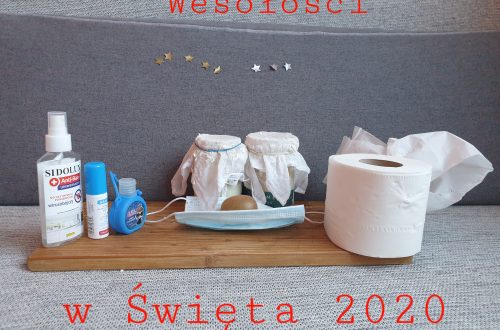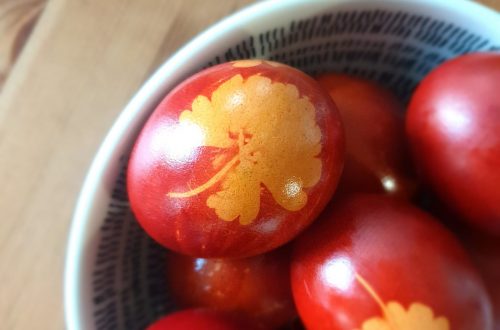-
Polish to Begin with: Lesson 30 (Lockdown)
So what you can do when in lockdown… learn languages obviously! In this corona-chaotic podcast we try to talk about some things you can and can’t do in lockdown. And as it happens in lockdown, the plan was great – revise your verbs, practise present tense, see how ‘można’, ‘trzeba’ and ‘wolno’ verbs work – but it all ended in chaos and giggles. They say Shakespeare wrote King Lear in lockdown. I bet he didn’t have a 6 years old daughter at the time. Oh, and our special guest is… Vocabulary tips: można – you are allowed, you can, one can trzeba – you have to, one must wolno –…
-
Polish to Polish: Lekcja 16 (Jesień)
Autumn has started so we talk a bit about the weather – a great chance to improve your complaing skills in Polish (crucial). We might loose our pessimistic approach somewhere towards the end of the episode when we read one of Tuwim’s poems. To work a little more on this lovely poem, print this exercise:
-
Polish to Begin with: Lesson 28 (Lat czy lata? Rok czy roku?)
Here are some more exercises to practise what you have learned from the last lesson. For some grammar commentary in English, go to our previous lesson Polish to Begin with: Lesson 27 (Old Family Pictures)
-
Polish to Begin with: Lesson 27 (Old Family Pictures)
In this podcast we are talking about some old photos and once more we discover that you should always write dates on your family pictures because no, you wil not remember where it was taken, how old the child was or even who it was (I swear, all babies in our family look the same on pictures). But back to grammar… As today we talk a lot about age, you might notice several fascinating language facts here. 1. In Polish we say: Mam 11 lat = I HAVE 11 years. (Like in French, Spanish and many other languages). 2. The noun ‘rok’ = year is especially interesting in Polish. In…
-
Polish to Begin with: Lesson 26 (plural forms of nouns and adjectives)
In short: if it’s a neuter noun then the ending in plural form is -a (1 piwo – 2 piwa)if it’s a masculine or feminine noun:– and the last consonant is -k- or -g- then the ending in plural form is -i (1 wódka – 2 wódki)– and the last consonant is ń, ni, sz, cz, rz/ż, l, j, c, dz, ś, ć or ź than the ending in plural form is -e (1 tokaj – 2 tokaje)– and the last consonant is any other letter then the ending in plural form is -y (1 miód – 2 miody) And here are examples.
-
Polish to Begin with: Lesson 25 (past tense)
Here is a short explaination of past tense in Polish. Wesołych Świąt, smacznego jajka i mokrego śmigusa-dyngusa!
-
Polish to Begin with: Lesson 23 (New Year’s resolutions)
As it’s high time for New Year’s resolutions we talk a little about future tense in Polish.For imperfective verbs you need these forms to create future tense:będębędzieszbędziebędziemybędzieciebędą (And we are thinking about some nice way to make the transcripts available – just give us some time!)
-
Polish to Begin with: Lesson 21
Where you can learn all about Polish verbs in present tense.
-
Polish to Begin with: Lesson 16
Today we are talking about food and we introduce the first case – Accusative. To listen download We have lots of food. = Mamy dużo jedzenia.fridge = lodówkaWhat’s in our fridge? = Co jest w naszej lodówce?milk = mlekojam = dżemham = szynkameat = mięsovegetables = warzywacarrot = marchewkaradish = rzodkiewkaonion = cebulacabbage = kapustapotatoes = ziemniakifruit = owoceapple = jabłkobanana = bananorange = pomarańczaorange juice = sok pomarańczowyIn the fridge we have vegetables and fruit. = W lodówce mamy warzywa i owoce.In the fridge we have butter, meat and milk. W lodówce mamy masło, mięso i mleko.In the fridge we have juice, jam and yogurt. = W lodówce mamy…
-
Polish to Begin with: Lesson 15
At last we have our 15th Bloggy Polish podcast for beginners. It’s still all about present tense of verbs ending with -ać. Here it is. Or here: I love. = Kocham.You love. = Kochasz.Loves. = Kocha.We love. = Kochamy.You all love. = Kochacie.They love. = Oni kochają.to watch = oglądaćIn the evening I watch tv. = Wieczorem oglądam telewizję.to run = biegaćAt the weekends I run in the park. = W weekendy biegam w parku.to swim – pływaćOn Saturday I swim at the swimming pool. = W sobotę pływam na basenie.to ask – pytaćto eat – jeśćI eat = Jem.You eat. = Jesz.He eats. = On je.She eats. = Ona…




